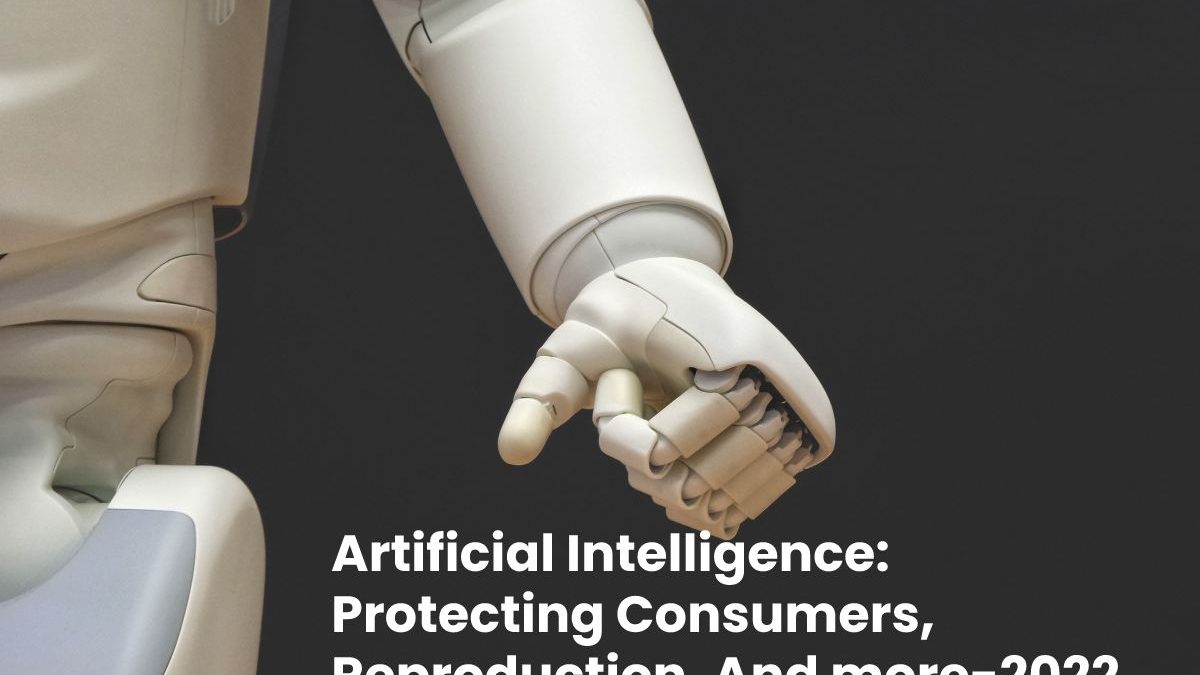Protecting Consumers Artificial intelligence and automated decision-making can pose a threat to consumers. Please find out how the European Parliament wants to protect them.
Table of Contents
What Is Reproduction Intelligence And Why Can It Be Dangerous
Education. As learning processes can process data sets with precision and speed, artificial intelligence (AI) applications have become increasingly common in, among others, finance, healthcare and other industries. However. Artificial intelligence is not without risk, especially when decisions are made without human supervision.
Artificial Intelligence In Executive Processes
AI is increasingly involved in algorithmic decision systems. It is significant to note that the decisions made can significantly impact others, such as whether or not they can obtain credit, get a job, or even have access to health care. Automate decision-making can therefore make social divisions persist.
How To Protecting Consumers In The Age Of Artificial Intelligence?
Developing AI and automated decision-making (ADM) processes can harm consumer welfare. When consumers interact with an ADM system, they should be appropriately informed of its operation.
The Position Of The European Parliament Protecting Consumers
In a resolution adopt on February 12 in a plenary session, MEPs call on the European Commission to examine whether additional measures should be take to guarantee consumer protection.
A few days ago, the National Consumer Service, Seracs, gave Chilean companies some guidelines and warnings about possible risks in applying Artificial Intelligence (AI) to protect people’s rights. Unfair or arbitrarily discriminatory results, the eventual lack of transparency in the conditions in which the services are offer. Or the treatment of individual data.
It Is True That, Just Like Any Other Technological Service Or Tool
Artificial Intelligence can be use for harmful purposes in the wrong hands, and that is why it is important to consider ethical values in its application. For example. Lack of transparency could lead to data manipulation, decision-making that does not benefit individuals or is based on inaccuracies, discrimination or bias against certain groups.
That questionable practices such as “dark patterns” are develop within the area of commerce, intentionally confusing design patterns create to push consumers to make purchase. Decisions or service subscriptions that they had no intention of driving.
Let’s Go Back To The Origin.
Artificial Intelligence was develop by humans and always thinking of making life easier for other people. Alert general in addition to making these crops. extra and more information every day. We can’t manage everything. There is neither the time nor the necessary human resources. This is where AI comes in, which can collect all that data, find and group similarities, and use algorithms to predict possible outcomes faster and more efficiently. Well use. It can make a positive difference without going any further. Since the pandemic began. AI-based solutions have been implement worldwide to track positive cases. Detect areas with a higher probability of contagion. And accelerate the manufacture of vaccines that have prevent thousands of deaths.
Artificial Intelligence Is Not An Enemy, On The Contrary.
International organizations such as UNESCO recognize its potential and the enormous opportunities it offers in education, science, transportation, finance, trade, communications, work, health and many other regions.
But for its correct application, having a regulatory framework is essential. That is why initiatives such as Seracs are value. Which work as a direct call to companies to respect the Consumer Law in delivering adequate and transparent information. Protecting freedom of choice and safety in consumption. Prohibition of arbitrary judgement and the protection of the personal data of consumers.
AI is already a reality, and its use will only increase in the coming years. Its ethical implications will remain present as long as there is no global consensus on its use. Meanwhile. Work around it, and its development should always be guide by principles of respect for human rights and fundamental freedoms. Environment maintenance, diversity, and inclusion.

